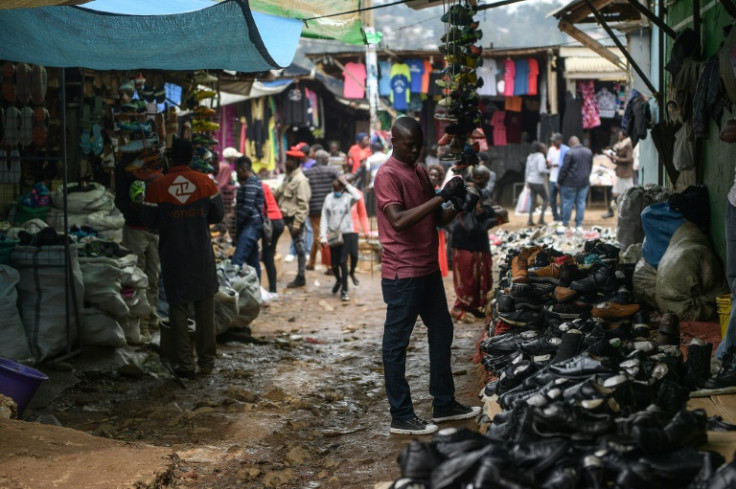
The World Bank, a global financial institution with a mandate to eradicate poverty and support sustainable development, is under intense scrutiny as allegations of sexual abuse in Kenyan schools it funded have come to light.
The accusations suggest that the World Bank has neglected its duty to address and prevent such incidents, prompting concerns about accountability and safeguarding within the educational projects it supports.
The internal oversight body of the bank, known as the Compliance Advisor Ombudsman (CAO), discovered that the International Finance Corporation (IFC) of the bank did not meet its own environmental and social standards before initiating funding for Bridge International Academies in 2014.
The CAO further revealed that the IFC failed to uphold these requirements during the project's supervision, which concluded last year.
The CAO's report, submitted to the IFC in August and reviewed by The Guardian, disclosed that the corporation was cognisant of allegations of abuse.
However, it neglected to ensure that these cases were appropriately addressed or that preventative measures were implemented to mitigate the risk of future abuse.
Reports indicate that the World Bank-backed initiatives in Kenya, aimed at improving access to education and enhancing the quality of learning environments, have allegedly become breeding grounds for sexual abuse.
The accusations highlight the vulnerability of students within these schools and raise questions about the efficacy of the World Bank's oversight mechanisms.
The CAO uncovered 21 instances of child sexual abuse committed by teaching staff at Bridge schools between 2014 and 2021.
In 2016, Bridge International Academise acknowledged 10 cases of child sexual abuse reported in one of its schools.
The school chain affirmed that it terminated the contracts of the implicated teachers, reported the incidents to the police, provided psychosocial support to the victims and engaged with the children's parents and communities in response to the occurrences.
David Pred, the executive director of Inclusive Development International, an organisation advocating for communities affected by investment projects, criticised the IFC for allegedly overlooking these risks, especially when incidents of child sexual abuse were brought to its attention.
The IFC, known for investing in private sector ventures, granted $13.5 million (£10.7 million) to the for-profit school chain, operating 200 schools, from 2014 until last year when funding ceased.
While the IFC did not provide a specific reason for divestment, it coincided with the broader policy of discontinuing funding for private, fee-charging schools.
Makhtar Diop, the managing director of the IFC, responded to the reports of child sexual abuse in a letter dated 16 November, addressing 32 civil society organisations advocating for an independent investigation into the IFC's handling of the Bridge case.
Diop expressed deep concern over the allegations, stating: "We do not tolerate any form of abuse in the projects we finance, and we are deeply grateful to the courageous survivors who came forward."
He further noted: "We are currently reviewing the [CAO] report and are committed to addressing the findings diligently and transparently."
Kenyan activists, in collaboration with international organisations, have been instrumental in bringing attention to the issue.
They contend that the World Bank's failure to act on early warnings and reports of abuse has perpetuated a culture of impunity within the educational institutions it supports.
The allegations suggest that the institution may have prioritised project implementation over the safety and well-being of the students.
Kenyan civil society groups and human rights advocates argue that the World Bank has a duty to ensure that its investments contribute positively to the well-being and safety of the communities it serves.
The allegations have reignited the debate on the ethical responsibilities of international financial institutions when it comes to the impacts of their projects on vulnerable populations.
The World Bank's involvement in education projects worldwide is extensive, and the accusations in Kenya could have far-reaching implications for its reputation and the perception of its commitment to social responsibility.
The global community is closely watching how the World Bank addresses these serious allegations, as it has broader implications for the credibility and impact of international development efforts.
As discussions around accountability and responsibility intensify, the focus remains on ensuring that the pursuit of education for all is not compromised by the very institutions tasked with advancing this noble cause.







